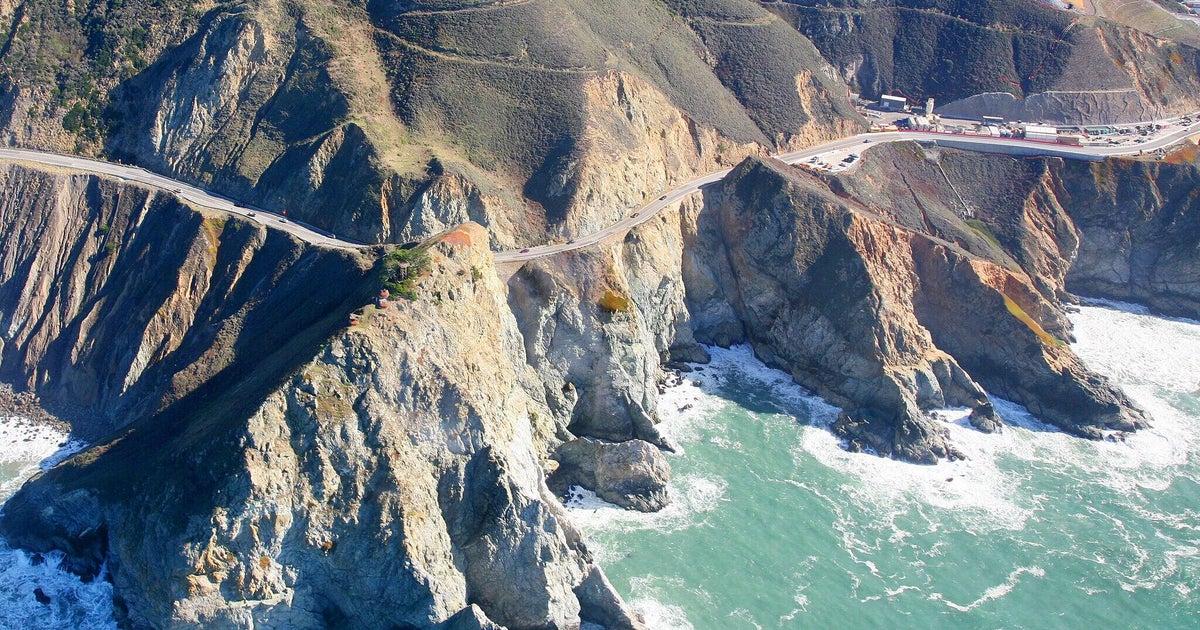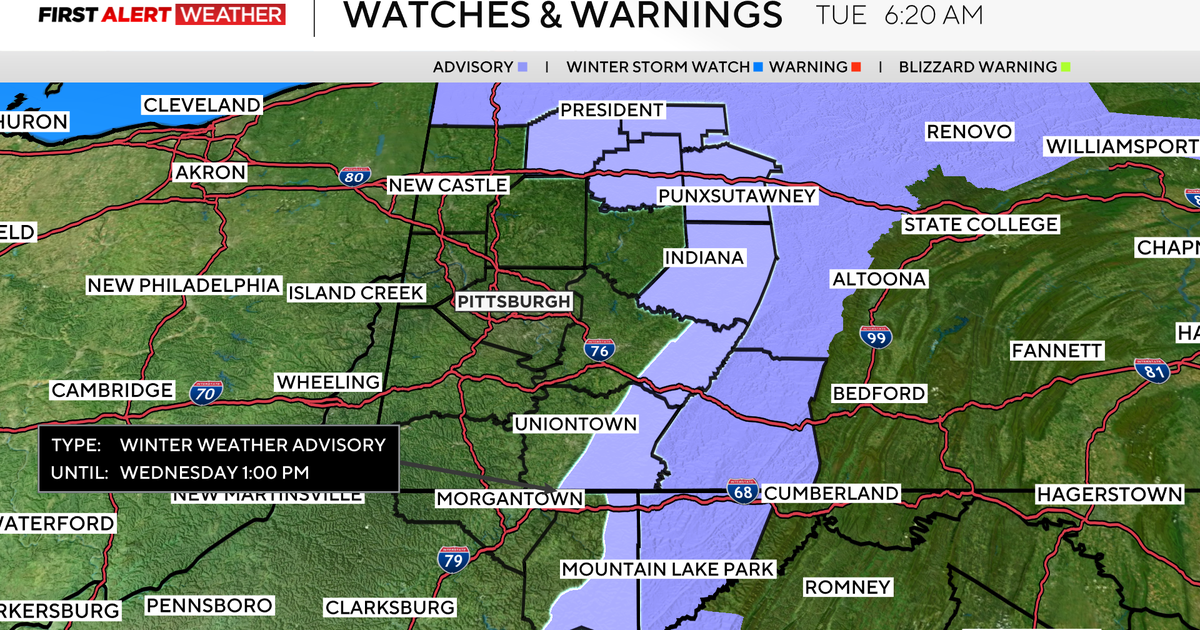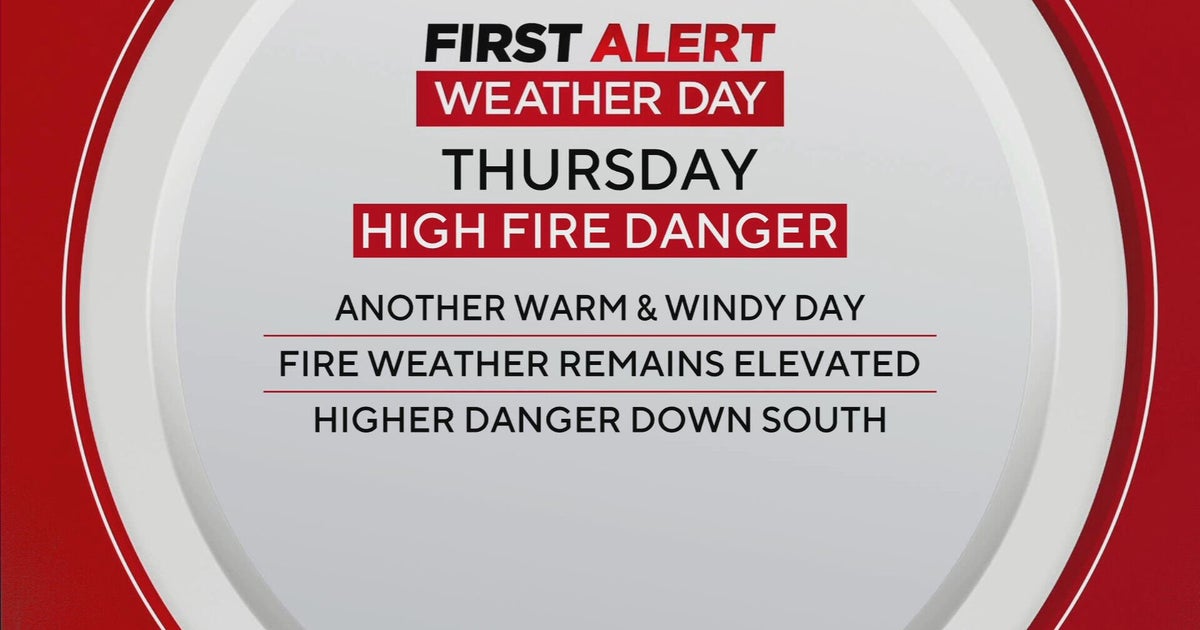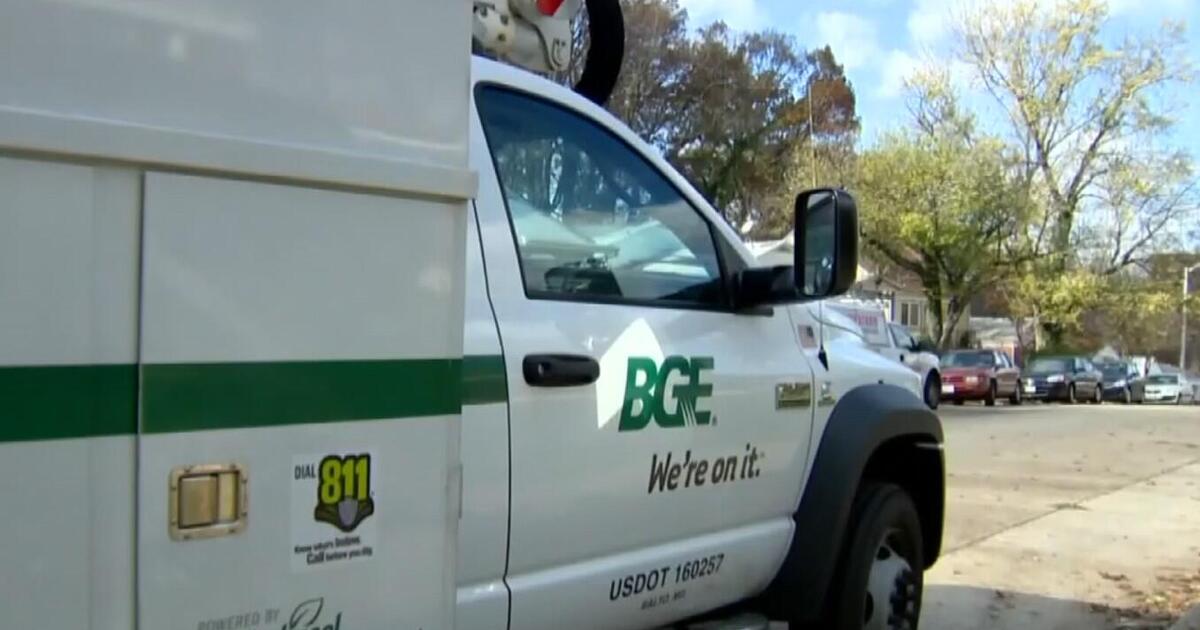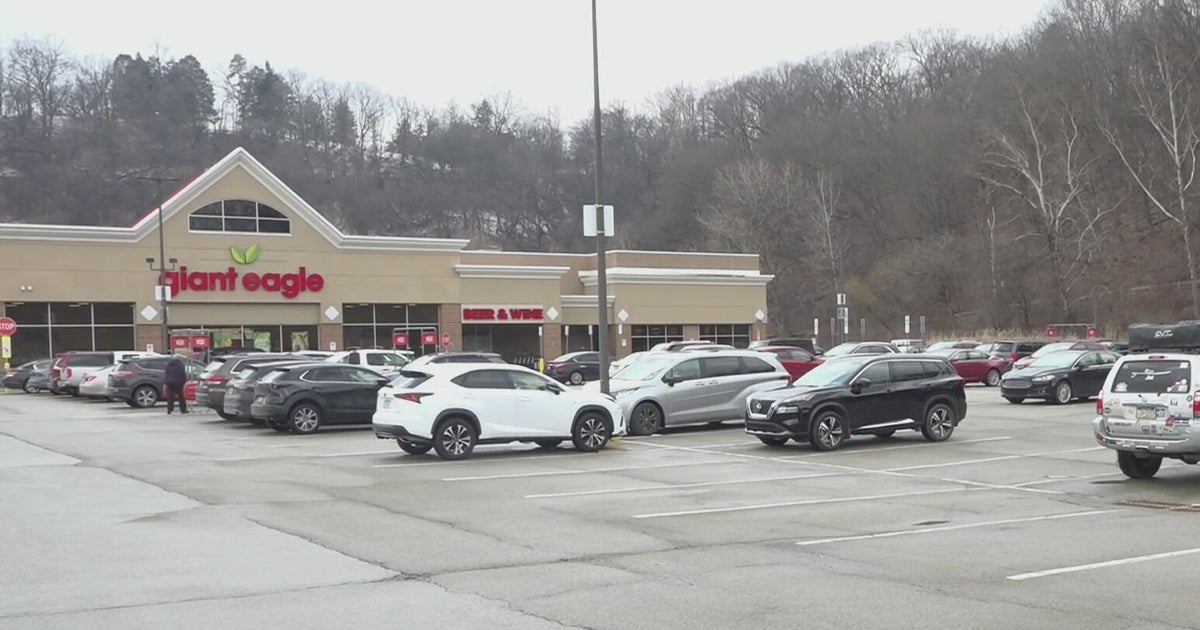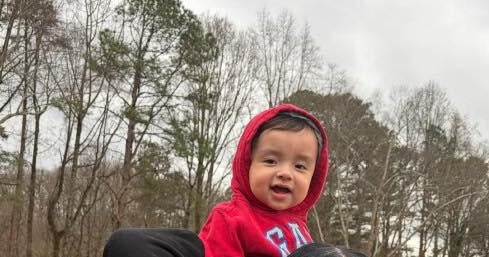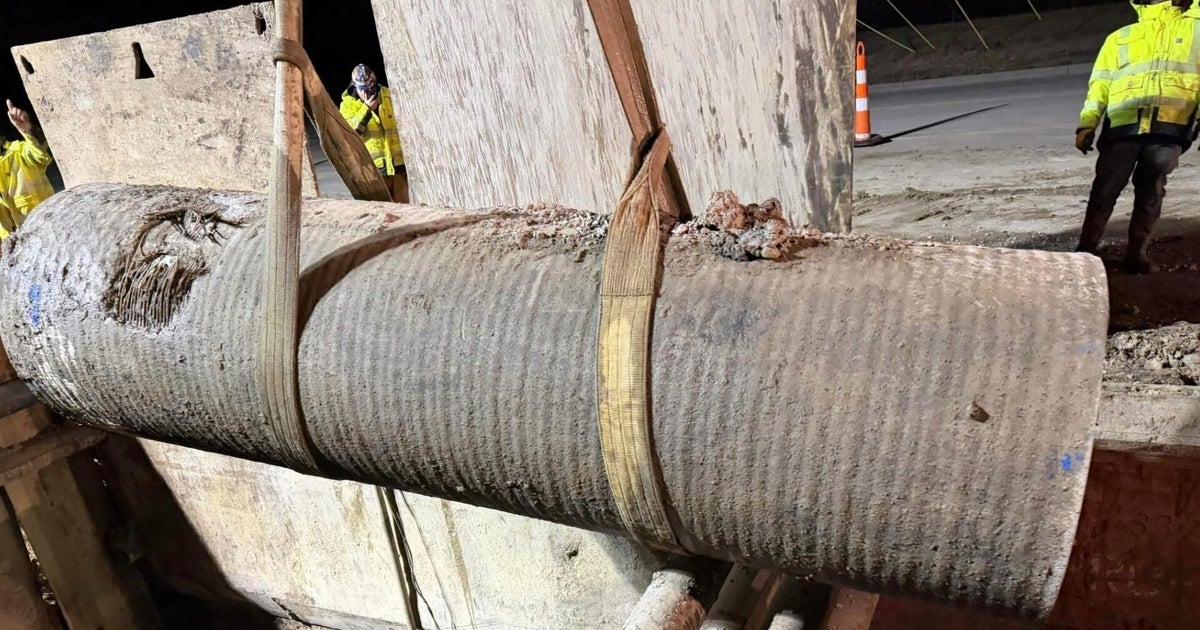Scientist who helped create MyShake app says alert worked as planned
Phones in Northern California lit up Wednesday morning warning of an imminent quake that was about to rock the area. For many, the alert came and went without feeling the slightest rattle.
According to Dr. Angie Lux from the University of California, Berkeley Seismological Laboratory, the shake alert worked exactly the way it was supposed to.
But it was the estimate of the magnitude of the quake that was way off.
Lux has worked on the shake alert system along with the U.S. Geological Survey. The goal is to give people even just a few seconds to know that an earthquake is coming. But like many on Wednesday morning, even the creator of the system thought it was a drill.
"I definitely got the alert this morning and I ran to tell my kids, 'Hey look, the test' and realized this isn't what it's supposed to say," said Lux. "The test is tomorrow."
The shake alert system's main goal is to alert as many people as it can, as fast as it can. That may mean that sometimes accuracy is compromised. It was initially estimated to be a 5.7 quake which would have impacted most of the Bay Area.
"It's all happening very very quickly and that's why sometimes we see an estimate that may come in a little high or come in a little bit low or the location may not be perfectly spot on because we're doing everything very, very fast so we can warn as many people that they're about to feel shaking," said Lux.
As more data started coming in from seismometers, the quake was downgraded to a 4.2 with the epicenter near the town of Rio Vista. It's a rural area with less density of seismic stations compared to big cities.
"It's a case of an earthquake happening in an area that doesn't have that many seismic stations but there happened to be one really close to where it started so that's the sort of thing that gives these fluctuations and how accurately the system estimates," said Dr. Austin Elliott, a USGS research geologist.
With the lower magnitude, the quake wasn't much of a threat to the Bay Area. The alert may have spiked people's anxiety levels but this may have been the perfect way to prepare for the next big one.
"No drill is as good as a real-life drill and so think back to what happened this morning when that magnitude-4 hit and you got alerts in your phone," said Elliot. "Were you prepared to deal with it?"
The USGS and the Berkeley Seismological Lab will look into the incident to see how speed and the accuracy of information could be improved.
Lux feels it's better to have a system in place now despite some of its flaws.
"We could wait another ten years and just not make it accessible to the public while we continue to get data," said Lux. "But I think our system is so worthwhile and useful as it is that it's important to get those alerts out to people now even though it might not have the perfect estimate every time."

